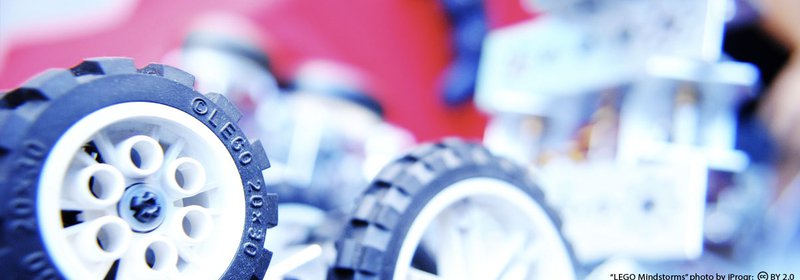
Collaboration is not a 21st century skill, it is a 21st century essential
Article Header
« Return to Main PageCollaboration is not a 21st century skill, it is a 21st century essential
“Collaboration is not a 21st century skill, it is a 21st century essential.”
I read that quote a while back and was intrigued. Collaboration, the action of working together to create or produce something (especially in an intellectual endeavor), is considered an essential skill in the modern job market.
A great historic example of collaboration is the story of the Wright Brothers. These two brothers successfully invented heavier than air flight, one of the greatest "could never be done" problems of the 20th century. They used a collaboration technique to help conquer engineering barriers called “forging.” It’s sort of like arguing or fighting with ideas and concepts. It reminds me of the concept behind Proverbs 27:17, that two working together can improve one another,
Iron sharpens iron,
and one man sharpens another.
So how can we teach kids this essential 21st century skill? I believe I have found something which works very well—teaching them how to build robots together. Through robotics they not only get exposed to another essential skill for today's shrinking job market, robots and digital technologies, but they learn how to work together as a team to create something.
I often teach robotics workshops, using Lego Mindstorm, to kids of various ages. They work together in small teams to build and program their robot. It’s a great way to introduce them to robotics while encouraging collaboration. Here’s a brief highlight of what this workshop looks like:
- We start by doing a basic mobile robot building.
- Then, we learn about sensors and how to add them to the robot so it can engage with the world around it.
- We look at programming concepts such as how to speak to a computer or robot, language and communication concepts, instructions, looping/repetition, decision making, memory/variables, multitasking, and debugging (figuring out what isn’t working and finding a solution).
- We learn creative flexibility. You might not always have exactly the right Lego pieces, so you must learn to adapt and adjust your build plan.
- We learn problem solving and how to work together to solve these problems. Young people quickly learn that others, coming at the same problem from a different perspective and with different strengths and gifts, have valuable insights into the problem and the potential solution. As they realize this, the values of collaboration and teamwork are encouraged and nurtured.
And, of course, this is always done within a biblical framework. We want young people to develop what I call a “theology of technology”—to think biblical about what we create and even our ability to create. So young people will learn about the biblical concept of being made in the image of God and how that impacts our desire, and ability, to create. But when we compare that to God’s ability to create from nothing, we quickly realize our own limitations.
I encourage you to consider booking a Ci Mobile camp for your school (home, Christian, or public) or group. You’ll be delighted to see how excited and inspired kids get by building robots and working together to solve a problem—two necessary skills in our day. Learn more at CampInfinity.com/camps.








